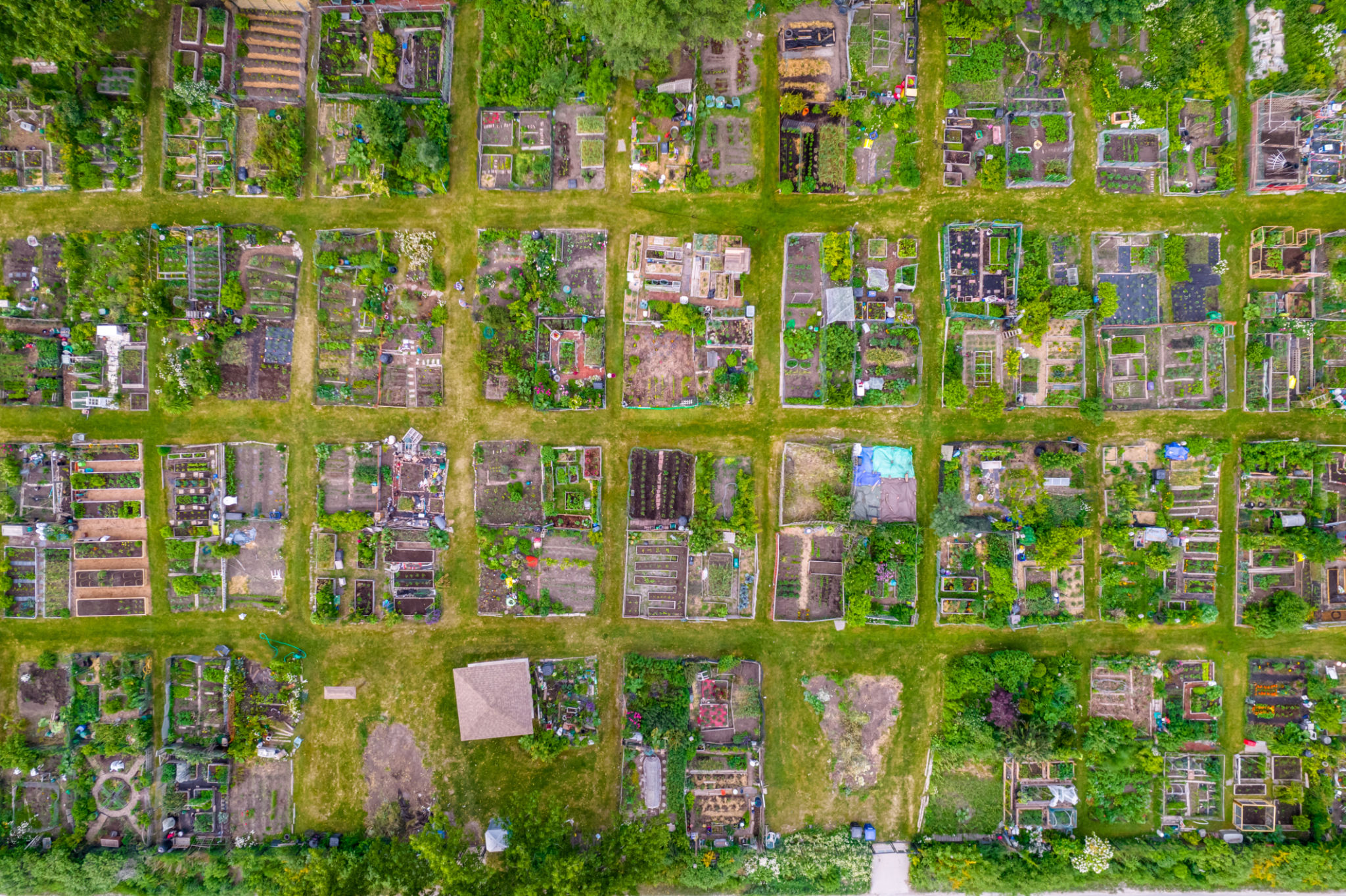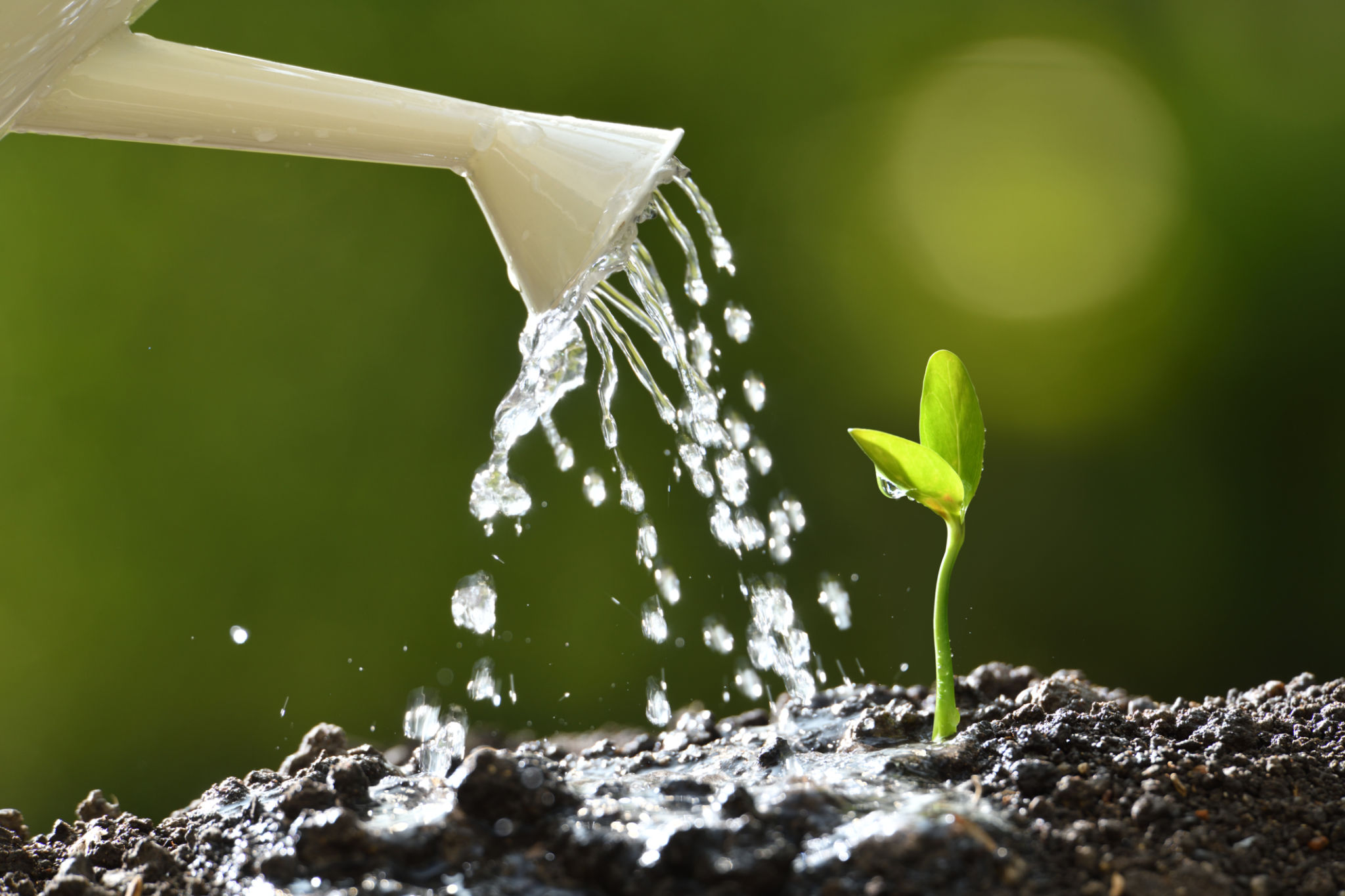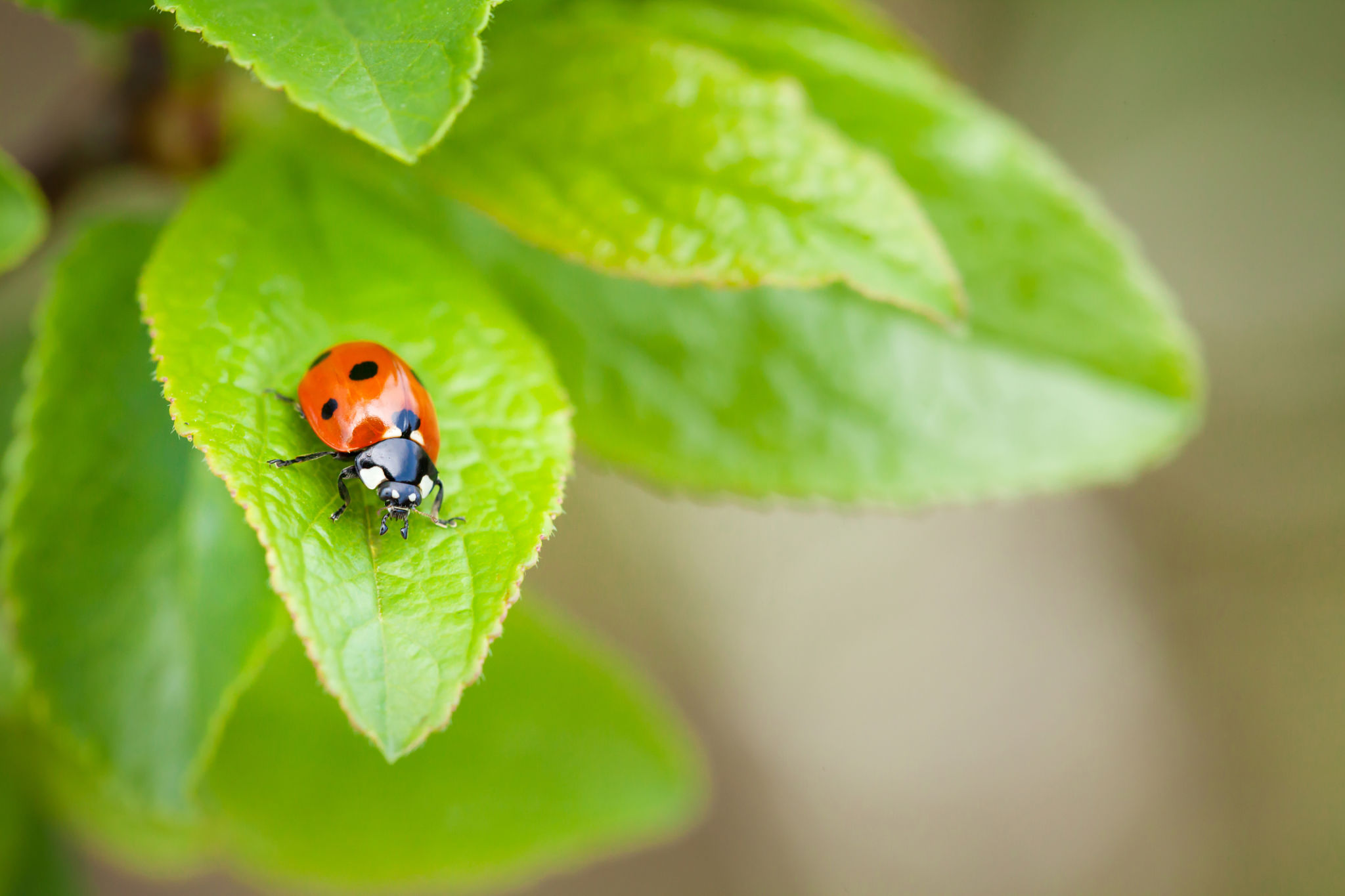Essential Landscaping Maintenance Tips for a Lush Urban Garden
Understanding Your Urban Garden's Needs
Creating a lush urban garden requires understanding the unique challenges of your environment. Urban gardens often contend with limited space, pollution, and varying light conditions. To start, assess the specific needs of your plants. Knowing what each species requires in terms of sunlight, water, and soil type will help you provide the right care.
Consider the microclimates within your garden. Some areas may receive more sunlight or be more sheltered from the wind. Tailoring your plant selection to these conditions can significantly enhance your garden's health and appearance.

Regular Watering Techniques
Watering is a crucial aspect of maintaining a vibrant urban garden. With limited rainfall in many urban settings, it's vital to establish a consistent watering schedule. Most plants thrive when watered deeply but infrequently, allowing roots to grow deeper into the soil.
Investing in a drip irrigation system can be beneficial as it delivers water directly to the roots, minimizing evaporation and conserving water. Additionally, using mulch helps retain moisture in the soil and reduces the frequency of watering.
Water Quality Matters
The quality of water used can affect plant health. Urban areas sometimes have hard water, which can lead to mineral buildup in the soil. Consider using rainwater collection systems or investing in water filters to ensure your plants receive the best possible hydration.

Soil Management for Urban Gardens
Healthy soil is the foundation of any successful garden. Urban environments may have poor soil quality due to pollution and construction debris. Conduct a soil test to determine its pH and nutrient content, and amend it with organic matter like compost to improve its structure and fertility.
Regularly aerating the soil can also enhance its quality by allowing oxygen and nutrients to reach plant roots more easily. This can be done using simple tools like a garden fork or an aeration tool.
Nutrient-Rich Fertilization
Fertilization is key to supporting plant growth in nutrient-deficient urban soils. Choose organic fertilizers that provide a balanced mix of nitrogen, phosphorus, and potassium. Regular feeding, especially during the growing season, will ensure your plants remain lush and healthy.

Pest Management Strategies
Pests can be a significant challenge in urban gardens due to higher plant densities and limited natural predators. Implementing integrated pest management (IPM) strategies can help control pests effectively while minimizing harm to beneficial insects.
Introduce natural predators like ladybugs or use organic insecticidal soaps to manage pest populations. Regularly inspect your plants for signs of infestation and remove affected leaves promptly to prevent the spread of pests.
Encouraging Biodiversity
Encouraging biodiversity within your garden not only enhances its beauty but also helps in pest management. Plant a variety of species to attract different pollinators and predators, creating a balanced ecosystem that naturally controls pest populations.

Seasonal Maintenance Tasks
Urban gardens require regular seasonal maintenance to thrive. In spring, focus on planting new species and pruning existing ones. Summer calls for increased watering and monitoring for pests, while autumn is a time for cleaning up fallen leaves and preparing plants for winter dormancy.
Winterizing your garden involves protecting plants from harsh weather conditions by using covers or moving potted plants indoors. Regular maintenance ensures that your garden remains healthy and visually appealing throughout the year.
Conclusion: Cultivating Urban Green Spaces
With these essential landscaping maintenance tips, you can transform your urban garden into a lush oasis amidst the concrete jungle. By understanding your garden's needs, managing water and soil effectively, controlling pests, and performing seasonal tasks, you'll enjoy a vibrant green space that offers both visual appeal and environmental benefits.
